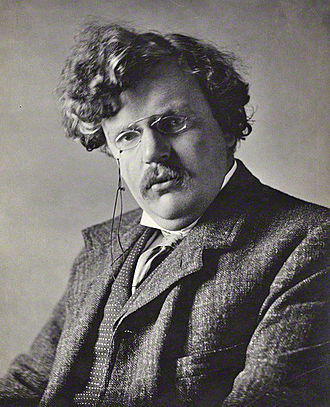16 June 2016
crampon
[kram-pon]
noun
1. a spiked iron plate worn on boots or shoes for aid in climbing or to prevent slipping on ice, snow, etc.
2. a device for grasping and lifting heavy loads, usually consisting of a pair of hooks suspended from a chain or cable, the upward pull on which provides tension for the hooks to grip the load on opposite sides.
Also, crampoon [kram-poon]
Origin of crampon
Middle English, Old French, Old Low Franconian
1275-1325; Middle English cra (u) mpon < Old French crampon < Old Low Franconian *krampo, cognate with Old High German krampfo, Middle Dutch crampe; see cramp2
Dictionary.com
Examples from the Web for crampon
Historical Examples
Outside the bandages I wore six pairs of thick woollen socks, fur boots and a crampon over-shoe of soft leather.
The Home of the Blizzard
Douglas Mawson
Anagram
man crop
corn map
Today’s quote
The great art of life is sensation, to feel that we exist, even in pain.
– Lord Byron
On this day
16 June – International Day of the African Child, which remembers those who participated in the Soweto protests in 1976, as well as raises awareness of the need for improved education provided to African children.
16 June 1816 – Lord Byron reads his poem Fantasmagoriana to his four house guests, Percy Shelley, Mary Shelley, Claire Clermont and John Polidori, challenging them to write a ghost story. Mary Shelley wrote Frankenstein. Polidori wrote the short story, The Vampyre, which in turn influenced numerous vampire stories, including Bram Stoker’s Dracula. Byron himself went on to write the poem, Darkness.
16 June 1951 – birth of Roberto Duran, Panamanian boxer nicknamed ‘Manos de Piedra’ (Hands of Stone). He held world titles at four different levels; lightweight, welterweight, light middleweight and middleweight. He was the second boxer to fight over five decades. He retired from professional boxing in 2002 at the age of 50. He is considered one of the greatest boxers of all time.
16 June 1961 – Soviet ballet dancer, Rudolf Nureyev defects to the West. Soviet Leader Nikita Khrushchev allegedly issued an order for Nureyev to be killed, which did not eventuate.
16 June 1967 – The Monterey Pop Festival is held over three days at Monterey, California. Over 200,000 people attended to experience performers such as Jimi Hendrix, Janis Joplin, Jefferson Airplane, The Who, The Byrds, The Animals and The Grateful Dead.
16 June 1976 – Soweto Uprising in South Africa, when up to 20,000 students marched in a non-violent protest against poor quality education and demanding to be taught in their own language after Afrikaans was introduced as the medium of instruction. The protest turned violent when police opened fire on the crowd, killing 23 people. Violence continued for two weeks, with 176 people being killed. The day is now a public holiday in South Africa and commemorated as Youth Day. Internationally it is recognised as Day of the African Child.

